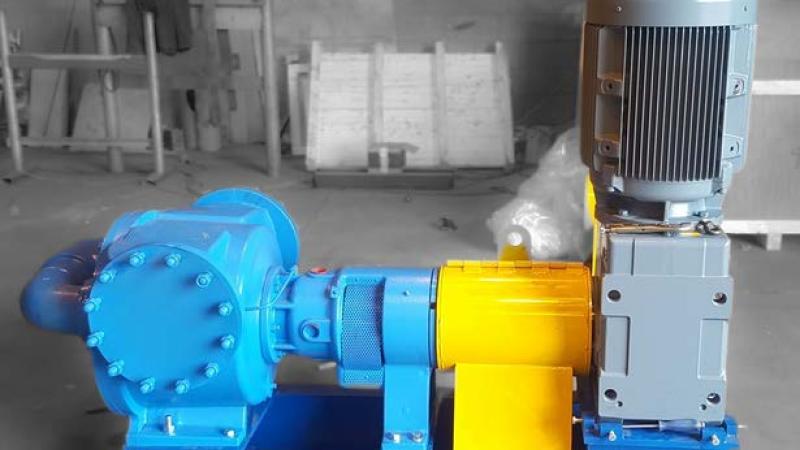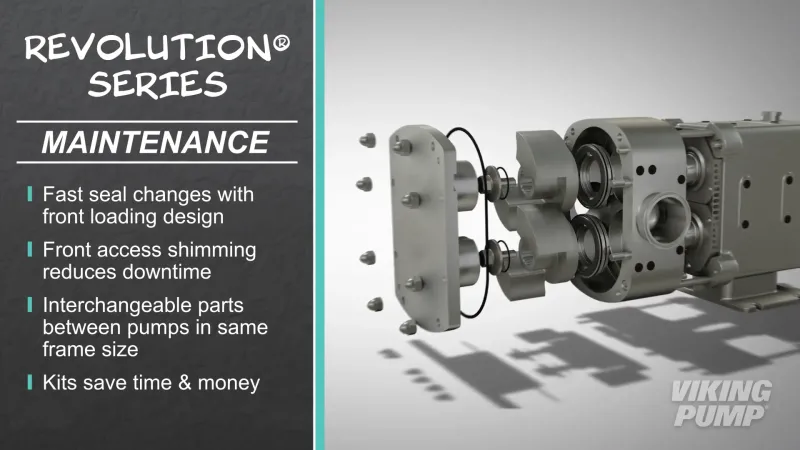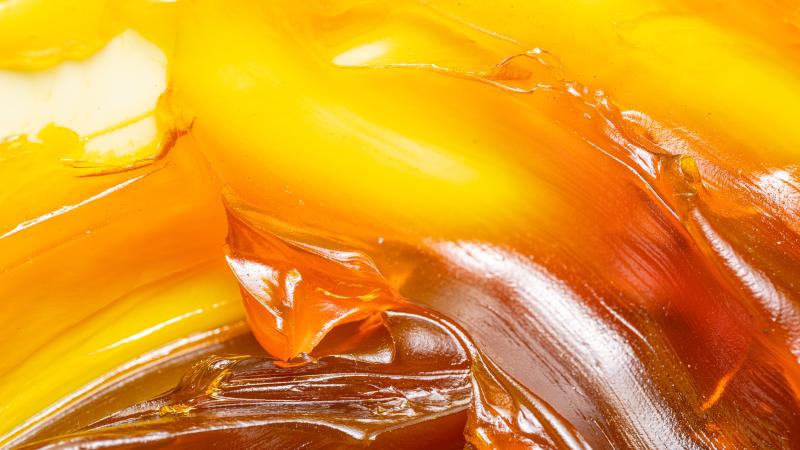
How Asco Pompe and Viking Pump Helped an Automotive Leader Tackle Extreme Oil Testing
12-08-2025
Discover how Asco Pompe and Viking Pump tackled extreme oil testing for an automotive leader—innovation and trust at its finest.

How AxFlow and Viking Pump Helped an Adhesives Manufacturer Stick to Success
10-21-2025
Discover how AxFlow and Viking Pump partnered to solve a high-viscosity adhesive pumping challenge with innovative solutions like the QS1127A pump and O-Pro® Cartridge Seal—boosting performance, relia...
See more

Converting from Packing to the O-Pro® Guard Seal in Viking Pumps
10-06-2025
Learn how to efficiently convert your Viking Pump from packing to the innovative O-Pro® Guard seal. Step-by-step guide with essential tips inside!

Pumping Up Performance: How Viking Pump Helped Modernize Molasses Operations in Ireland Facility
09-29-2025
Discover how Viking Pump and Thomson Process modernised molasses operations in Ireland with high-performance RS324A and QS1124A pumps—boosting efficiency, reliability, and space-saving design in a dem...
See more

Pumping Ink: PD Gear Pump Solutions
09-16-2025
Discover how Viking Pump addresses the unique challenges of ink pumping with innovative solutions and a range of specialized pumps.

Gear Pump Repair: A Comprehensive Guide to Replacing O-Rings in O-Pro® Guard Seals
09-09-2025
Discover a comprehensive guide to replacing O-rings in O-Pro® Guard seals for gear pumps. Follow our step-by-step instructions for a successful repair.

Fueling Reliability: How Viking Pump’s Mag Drive Solution Transformed Dye Injection for Ireland Fuel Distributor
09-02-2025
Discover how a fuel distributor in Ireland overcame pump reliability issues with Viking Pump’s SG805 Mag Drive solution—boosting efficiency, reducing maintenance, and ensuring compliance in a demandin...
See more

Revolution® Series Hygienic Pump Brings Flexibility to Difficult Applications
07-29-2025
Explore the customizable features of the Revolution® Series Pumps from Viking Pump, designed for efficiency and hygiene in various applications.

Efficient Molasses Pump Solutions
07-08-2025
Discover how Viking Pump's innovative pumps optimize the handling of viscous molasses for baking, animal feed, and industrial uses. Reliable, efficient, and designed for tough conditions.

Grease Transfer Pumps: Solutions for Efficient Grease Handling
05-13-2025
Grease is an essential component in various industries, ensuring that machinery and equipment operate smoothly. A grease transfer pump plays a crucial role in the efficient handling of grease, whether...
See more